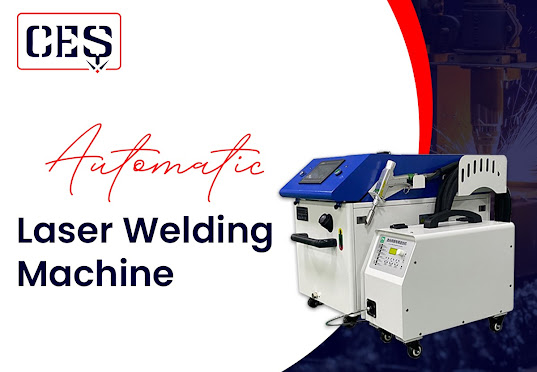What is a Laser Welding Machine and How does it Work?
The
Blog Laser welding is an advanced technology that offers unmatched
precision and efficiency compared to traditional methods like TIG and MIG
welding. Using a focused laser beam, it joins materials such as metals,
plastics, and composites by melting and fusing them. The process ensures high
accuracy and minimizes errors, making it a game-changer for industries
worldwide.
There are five main types of laser welding: conduction welding,
which gently melts materials; keyhole welding, a fast and deep
process ideal for high-volume production; laser brazing, which
creates strong bonds between metals like copper and silver; hybrid
welding, combining laser and arc welding techniques; and percussion
welding, perfect for materials with varying melting points.
Laser welding is widely used across industries, including automobile
manufacturing, aerospace, medical devices, and jewelry production. It
works on diverse materials such as aluminum, stainless steel, acrylic, and
carbon fiber-reinforced polymers. Its advantages include high speed, superior
quality, less heat impact, reliability, and compatibility with various
materials.
Though laser welding machines have a high initial cost and require skilled
operation, their long-term benefits outweigh these drawbacks. Businesses can
enhance productivity and efficiency by adopting machines from trusted
manufacturers like CES Laser Machine Private Limited
in Ahmedabad.

.png)


Comments
Post a Comment